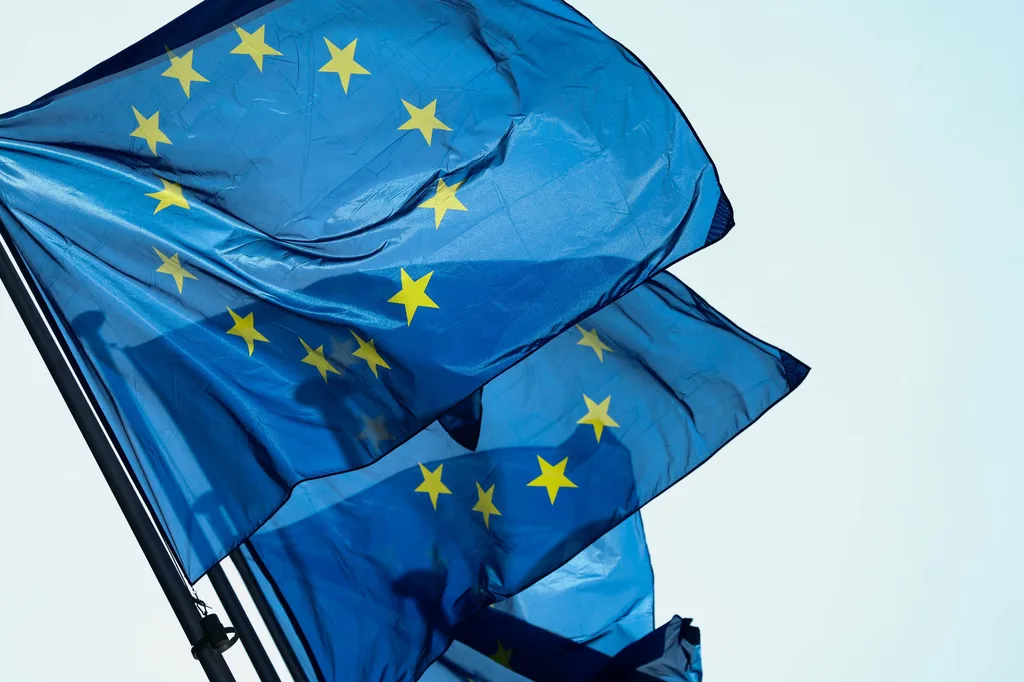As a major geopolitical crisis unfolds at its borders, the European Union has finally hit the first hurdle in its united response to the war in Ukrai
As a major geopolitical crisis unfolds at its borders, the European Union has finally hit the first hurdle in its united response to the war in Ukraine, leading to renewed debate about moving away from the bloc’s notorious unanimity rule in foreign policy.
But while a large number of European leaders have expressed support for treaty reform, with a particular focus on the unanimity rule, others have also pushed back.
Contrary to common wisdom, abandoning unanimity would leave the EU worse off as a foreign policy actor. It’s essentially paradoxical that proponents of a stronger EU in international affairs would oppose a rule that ensures any EU decision is backed by the collective strength of 27 countries.
Indeed, in an EU without unanimity, decisions could be reached more quickly. But they could also carry much less weight in the eyes of third powers, if they saw only some members backing them.
This danger is ignored by proponents of even more radical ideas, such as smaller groupings of countries moving ahead on their own with deeper integration in foreign policy. If this were to take place, however, instead of becoming more strategic, the EU would simply end up more fragmented, effectively with multiple smaller and weaker EUs per specific issues, facing larger geopolitical adversaries.
Moving away from unanimity could also turn an area where consensus is prized into an arena of disputes — much like economics and migration had been in the previous decade. Some members’ bitter reaction to the imposition of refugee relocation quotas via qualified majority some years ago set a telling precedent in this regard.
It would also be self-defeating for the EU to undo the one rule that most unambiguously demonstrates all, even the smallest, member countries can secure their core national interests inside the union. And if this perception was to be shaken, the position of pro-EU forces in multiple member countries could become untenable after a few unlucky votes. Just imagine reactions in Poland if it lost a vote on Russia, or in Greece over Turkey or in Ireland over Brexit . . .
If decisions were up to votes and bargains, EU foreign policy could lose its moral compass. The loss of unanimity would essentially invite into its own internal functioning, the same transactional logic that the bloc condemns in others within the international system.
Finally, it’s not even clear exactly what problem removing unanimity would be solving. Although hyperbolic commentators often speak of EU foreign policy “paralysis,” the reality is that vetoes by a handful of member countries usually delay decisions for a few days or some weeks at most — until trade-offs are agreed upon.
As for most of the grand decisions that observers and policymakers have in mind when they think of a “strategic Europe,” — like an ambitious security policy or a more deliberate use of economic tools for geopolitical goals — the real problem isn’t the veto by some stubborn minority but rather the lack of political will among an active majority of countries.
It is telling that, despite EU treaties empowering members to pursue enhanced and deeper cooperation among “groups of the willing” for decades now, no such endeavor has ever seriously taken off the ground.
If anything, unanimity has served not as a hindrance against the urge to transform the EU into a geopolitical force, but as a convenient excuse that covers up the fact that such an urge is actually in very short supply among European politicians and voters. And the real danger is that without unanimity, the hollowness of European geopolitical proclamations will become painfully obvious.
Fonte: Politico.ue

